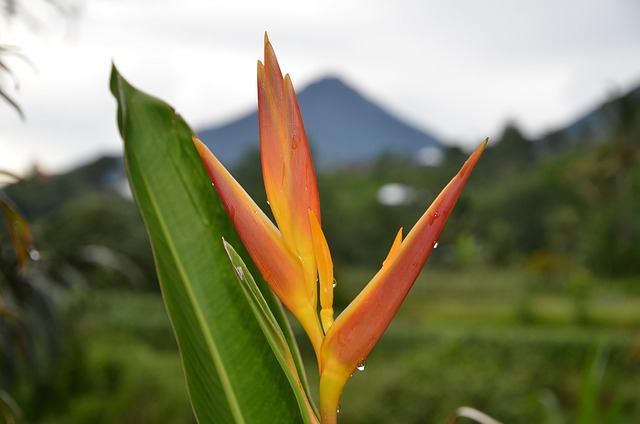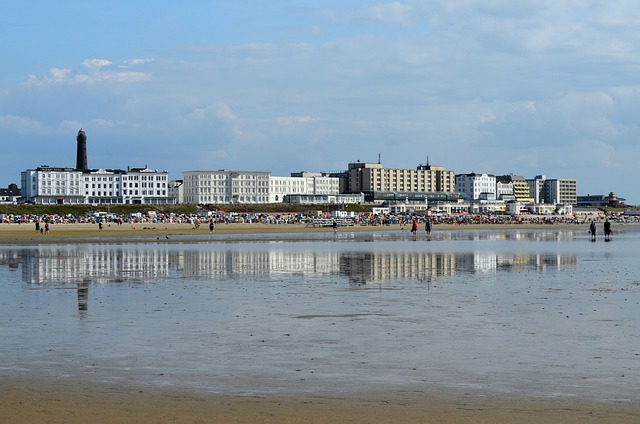luckylands ⚾ The Allure of Luckylands: Exploring the Intersection of Luck, Economy, and Society

The Allure of Luckylands: Exploring the Intersection of Luck, Economy, and Society
In an increasingly complex world, the notion of "luckylands" has emerged as a fascinating concept that intertwines the elements of chance, economic prosperity, and social dynamics. The term refers to specific geographical or social environments where individuals experience an inordinate level of luck or fortune, often manifesting in unexpected successes, lucrative opportunities, or favorable circumstances. This phenomenon has garnered attention across various disciplines, prompting inquiries into its implications for individual lives, economic structures, and societal interactions.luckylands
At the core of the luckylands concept lies the intricate relationship between luck and socioeconomic status. The idea posits that certain regions or communities possess inherent advantages that allow their inhabitants to experience a higher frequency of beneficial outcomes. This can be attributed to various factors, including access to resources, social networks, and even cultural attitudes towards risk and opportunity. For instance, individuals residing in economically prosperous areas may encounter more job openings, higher-quality education, and better healthcare facilities, all of which can lead to a greater likelihood of personal and professional success.luckylands

Furthermore, the psychological aspect of luck cannot be overlooked. The perception of being in a "luckyland" can significantly influence an individual's mindset and behavior. Research in psychology suggests that individuals who believe they are fortunate tend to adopt a more optimistic outlook on life, which can, in turn, affect their decision-making processes. This self-fulfilling prophecy often leads to a cycle where those who perceive themselves as lucky are more willing to take risks, venture into new opportunities, and ultimately, create a favorable environment for themselves.luckylands

However, the implications of luckylands extend beyond individual experiences. On a broader scale, the existence of such environments raises questions about equality and access to opportunity. The concentration of luck in specific areas can exacerbate existing disparities, creating a divide between those who inhabit luckylands and those who reside in less fortunate regions. This disparity can lead to systemic inequalities where certain populations continuously benefit from favorable conditions, while others are left to navigate a landscape fraught with challenges.
Economically, the concept of luckylands can influence market dynamics and investment patterns. Investors and entrepreneurs often seek to identify regions with high potential for growth and success. As a result, the allure of luckylands can drive economic migrations, where individuals and businesses relocate in search of better prospects. This migration can lead to the revitalization of certain areas while simultaneously depleting resources from others, further entrenching the divide between lucky and less fortunate lands.
From a sociological perspective, luckylands also create unique social dynamics. Communities that are perceived as lucky often exhibit a strong sense of cohesion and collective identity. Shared experiences of success can foster collaboration and mutual support among residents, leading to the establishment of networks that perpetuate the flow of opportunities. Conversely, areas that are perceived as unlucky may experience social fragmentation, where individuals feel isolated and disconnected from potential avenues for growth.
Nevertheless, the phenomenon of luckylands is not static. Changes in policy, economic conditions, and social attitudes can significantly alter the landscape of luck. Initiatives aimed at promoting equitable access to resources, education, and opportunities can help to mitigate the disparities created by the existence of luckylands. By fostering environments that encourage collaboration, innovation, and resilience, societies can work towards creating a more balanced distribution of luck and opportunity.luckylands
In conclusion, the concept of luckylands serves as a compelling lens through which to examine the interplay of luck, economy, and society. As individuals navigate their personal journeys within these landscapes, it is crucial to recognize the broader implications of luck and opportunity. By understanding the dynamics at play in luckylands, policymakers, researchers, and community leaders can strive to create environments that not only celebrate individual successes but also promote equitable access to opportunity for all. Ultimately, the pursuit of a more just society may hinge on our ability to identify and address the factors that contribute to the uneven distribution of luck and fortune across different landscapes.
Fale conosco. Envie dúvidas, críticas ou sugestões para a nossa equipe através dos contatos abaixo:
Telefone: 0086-10-8805-0795
Email: portuguese@9099.com


